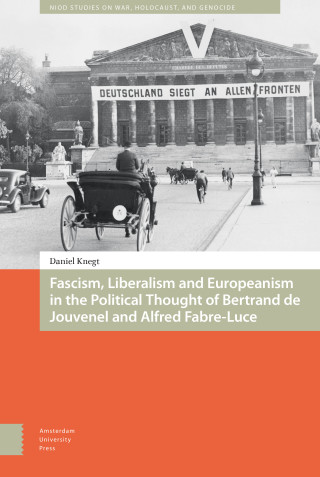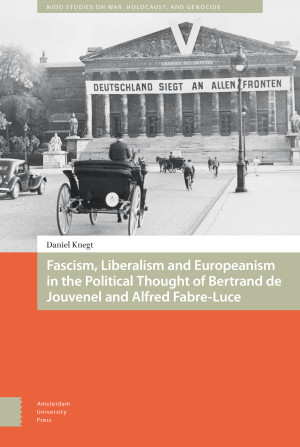"An innovative volume, which is admirable for its original focus and out of the box thinking. ... Daniel Knegt has produced a well-conceived and attractive book. ... In it, Knegt persuasively shows how fascism functioned during the first half of the twentieth century, allowing us to explore the entanglements of different manifestations of fascism in Europe." Pablo del Hierro, Journal of Modern History, December 2019
"This is an intellectual history of the highest order by a genuine scholar who provides a powerful case study in the turbulent ideological dynamics of fascism which should interest all those interested in fascism as a project not of reaction and anti-modernism, but of national and social transformation and renewal, of creating an alternative modernity. It is also a remarkable case study in the bad faith and moral cowardice that forces individuals to redact their own past once they survive into a liberal age." - Roger Griffin, professor of modern history and political theorist at Oxford Brookes University, England.
"This is a thoughtful, well-written monograph on the lives and political activities of Bertrand de Jouvenel and Alfred Fabre-Luce." - Constantin Lordachi, professor of history at the Central European University, Budapest

